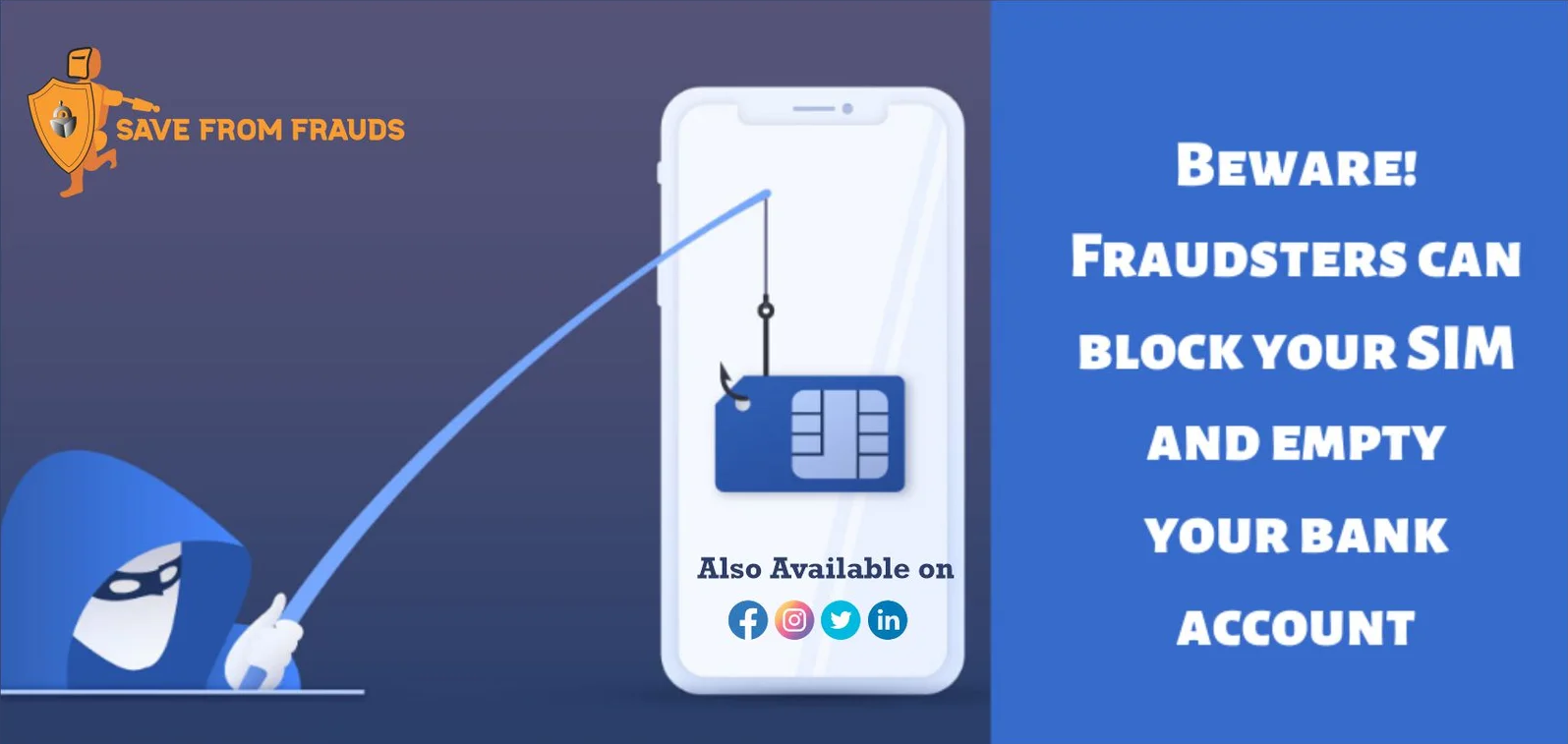
In this form of fraud, the sender typically emails the recipient asking for assistance in enabling the transfer of a sizable amount of money. The sender provides a commission in exchange, typically in the millions of dollars. The con artists then demand money to be supplied to cover some of the transfer charges. Once money has been transferred to the con artists, they will either quickly vanish or try to get additional cash by alleging that the transfer is still having issues. In these situations, the victims typically claim that they got emails from unidentified sources informing them of:
The sufferers are lured in gradually and typically forced to deposit a sizable sum of money as a money transfer charge, tax payment, or transportation expense. The victims reportedly respond to a scam email and send money to unidentified parties for an illegitimate reason.
These crimes are typically committed from abroad. The money is deposited into offshore accounts or an Indian courier account.
Precautions and preventative measures
1. Do not engage in online chats with strangers. Scammers and fraudsters scour the internet in search of victims.
2. Never send money, disclose credit card information, login information for an online account, or copy of personal documents to someone you don't know or trust over email.
3. Avoid making any agreement with a stranger who requires upfront payment by check, wire transfer, international wire transfer, pre-loaded card, or electronic currency. Recovery of money sent in this manner is uncommon.
4. Never consent to send money on someone else's behalf. Money laundering is illegal and punishable.
5. Call the relevant organization directly to confirm the contact's identity; locate them using an impartial resource, such as a phone book or web search. Use the contact information that was not supplied to you in the message.
6. Verify the legitimacy of foreign organizations by contacting the relevant Embassies, High Commissions, Consulates, etc
7. Search the internet for references to scams using the names or precise phrasing of the letters or emails; many scams can be found this way.
8. If you suspect fraud, don't engage since con artists will use a personal touch to appeal to your emotions.
9. Keep in mind that there are no quick-money schemes; if something sounds too good to be true, it generally is.